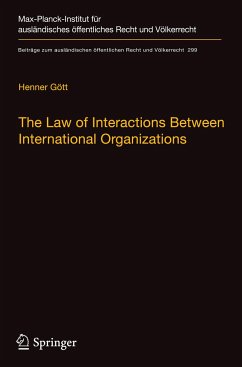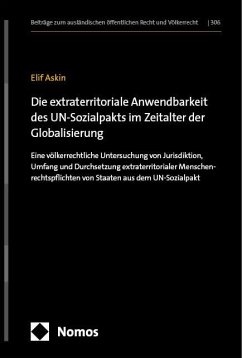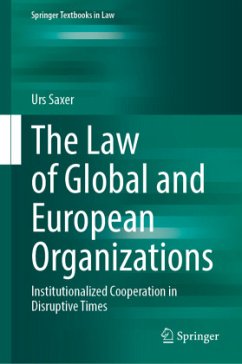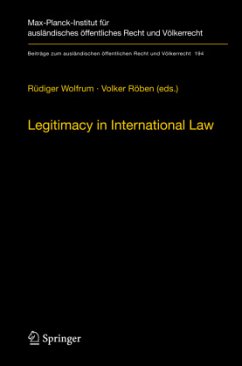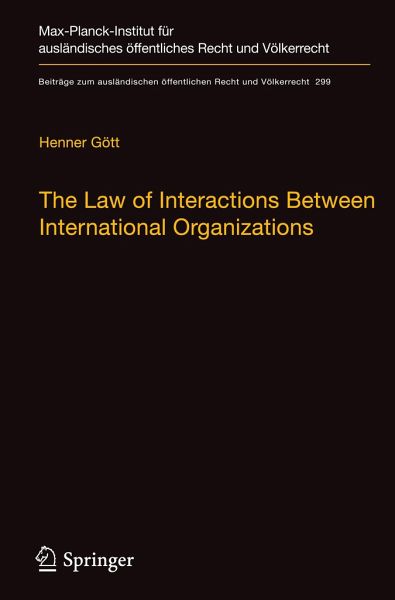
The Law of Interactions Between International Organizations
A Framework for Multi-Institutional Labour Governance
Versandkostenfrei!
Versandfertig in 6-10 Tagen
121,99 €
inkl. MwSt.
Weitere Ausgaben:

PAYBACK Punkte
61 °P sammeln!
The book analyses how international law addresses interactions between international organizations. In labour governance, these interactions are ubiquitous. They offer each organization an opportunity to promote its model of labour governance, yet simultaneously expose it to adverse influence from others. The book captures this ambivalence and examines the capacity of international law to mitigate it. Based on detailed case studies of mutual influence between the International Labour Organization, the World Bank, and the Council of Europe, the book offers an in-depth analysis of the pertinent ...
The book analyses how international law addresses interactions between international organizations. In labour governance, these interactions are ubiquitous. They offer each organization an opportunity to promote its model of labour governance, yet simultaneously expose it to adverse influence from others. The book captures this ambivalence and examines the capacity of international law to mitigate it. Based on detailed case studies of mutual influence between the International Labour Organization, the World Bank, and the Council of Europe, the book offers an in-depth analysis of the pertinent law and its key challenges, both at institutional and inter-organizational level. The author envisions a law of inter-organizational interactions as a normative framework structuring interactions and enhancing the effectiveness and legitimacy of multi-institutional governance.



